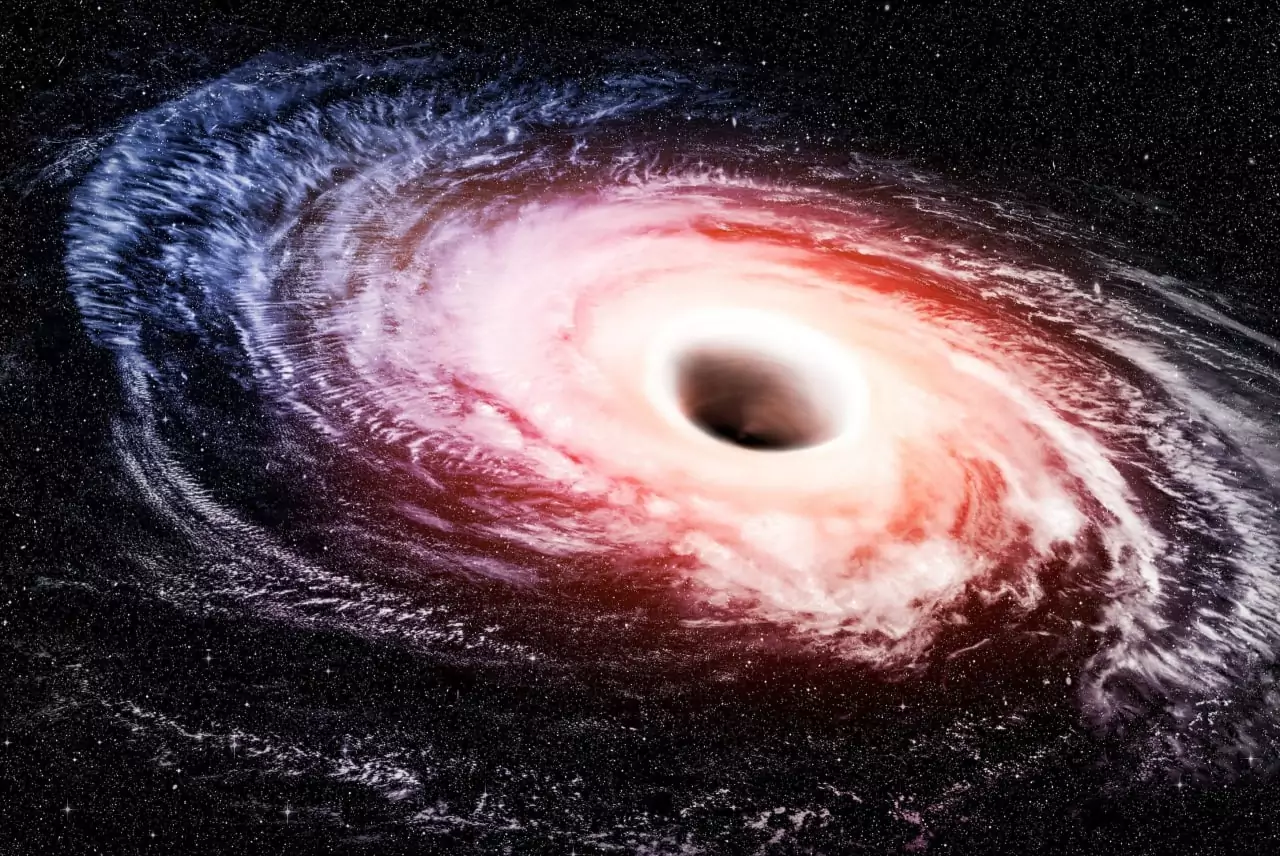If we use only General Relativity, then gravity never leaves the event horizon. The mass of a black hole in the process of its evolution can only increase. However, the situation changes if we try to use quantum physics. However, it should be taken into account that there is no full-fledged theory of quantum gravity yet, so at the moment these are just assumptions. Such a phenomenon as the evaporation of black holes (through Hawking radiation has not yet been observed by anyone. The reason for this may be either the fact that such radiation does not actually exist, or the fact that this radiation is very weak and technically difficult to register.
Now scientists are trying to detect signals from the very last moments of the evaporation of small black holes. Theoretically, such signals should be very strong and they could be detected. But to do this , we need to assume the existence of so — called primary black holes . These are small-mass holes that could have formed immediately after the Big Bang, even before the formation of stars and galaxies.
The absence of such a signal may mean either the fact that Hawking radiation does not exist after all, or the fact that there are no primary black holes that would now be at the final stage of their evaporation.
